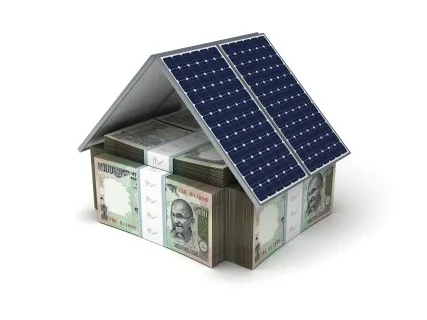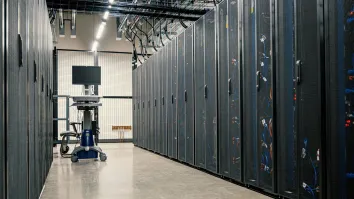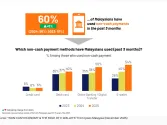
GST to cause significant disruption to India's solar sector: analysts
18% tax rate for solar modules has been announced.
The Indian government has released final Goods and Services Tax (GST) rates under the new indirect tax regime proposed to be rolled out from July 1, according to Bridge to India.
The biggest surprise for the power and renewable sector is the announcement of 18% tax rate for solar modules as compared to a present effective rate of zero.
In contrast, GST rate for coal has been lowered to 5% as against current rate of 11.69% and most other renewable projects and equipment including wind mills, waste to energy plants, tidal energy plants and bio-gas plants and even solar power based devices or generating systems have been classified under the 5% rate bracket.
Here's more from Bridge to India:
The new regime will result in an increase of 18% in module cost, about 12% in inverter cost and 3% in all service costs – increasing overall project cost by about 12%;
New rates would hit more than 10 GW of ongoing utility scale projects and pose a threat to their viability.It is critical for MNRE to step up and play a coordinating role with central and state regulators to ensure that the process of tariff adjustment is as smooth as possible.
As of today, most states levy a 5% Value Added Tax (VAT) on solar modules. However, in practice, the actual tax rate levied is zero because of waiver on import duty and VAT in many states. Effective tax rate on solar inverter imports will also go up from 5.15% to 18%.
The new regime will therefore result in an increase of 18% in module cost, about 12% in inverter cost and 3% in all service costs – increasing overall project cost by about 12%. Importantly, we do not believe that the new rate structure will give any advantage to domestic manufacturing as cost of import of raw material, including cells and wafers, will go up in the same proportion.
There was widespread expectation that solar modules would be classified under zero or 5% bracket to continue growth momentum in the sector. However, sharp reduction in equipment costs and solar tariffs seems to have convinced the government that the sector doesn’t need any more financial incentives.
Nonetheless, more than 10 GW of ongoing utility scale projects would be hit badly by the new rates. The Ministry of New and Renewable Energy (MNRE) has been verbally assuring the industry that it will be insulated from any GST impact by passing any burden through to the offtakers. But we believe that this process will be complex and challenging.
First, there are multiple templates for power purchase agreements (PPAs) in the country with huge variation in change in law provisions. Second, the DISCOMs will obviously resist any tariff increase particularly when tariffs for new auctions are reaching all-time lows. Third, the entire process for tariff determination, ratification and documentation amendments would easily take up to 6 months or even more.
Meanwhile, developers will be under pressure to complete projects on time and lenders will be unwilling to fund extra costs. It wouldn’t be surprising if this process leads to cancellation of some projects altogether.
It is critical for MNRE to step up and play a coordinating role with central and state regulators to ensure that the process of tariff adjustment is as smooth as possible.
We believe that the long-term prospects of the industry would not be impacted by GST move as an increase in tax rates will be quickly offset by falling costs. A commercially viable, non-subsidy dependent sector is naturally more sustainable in the long run. However, we do wonder why solar equipment is attracting higher taxes than coal or other power equipment.



















 Advertise
Advertise





